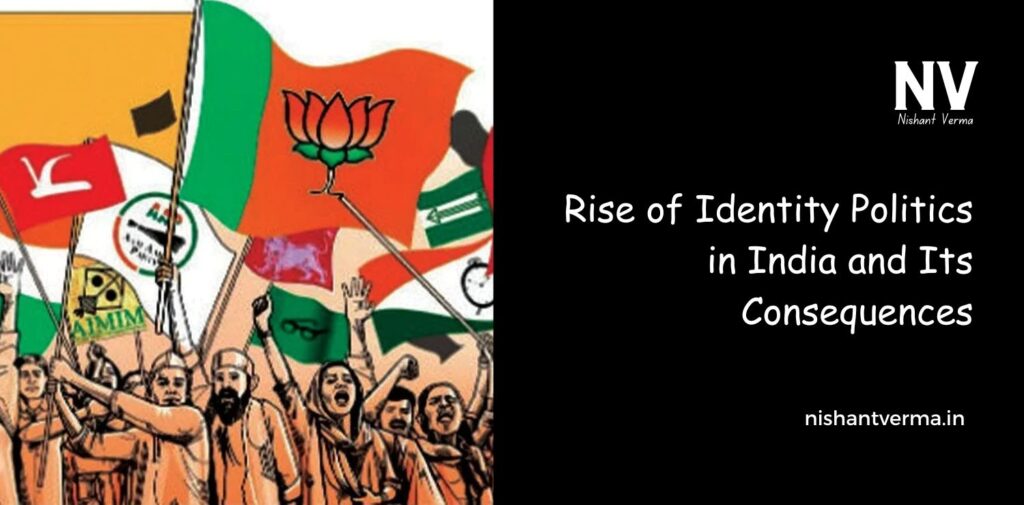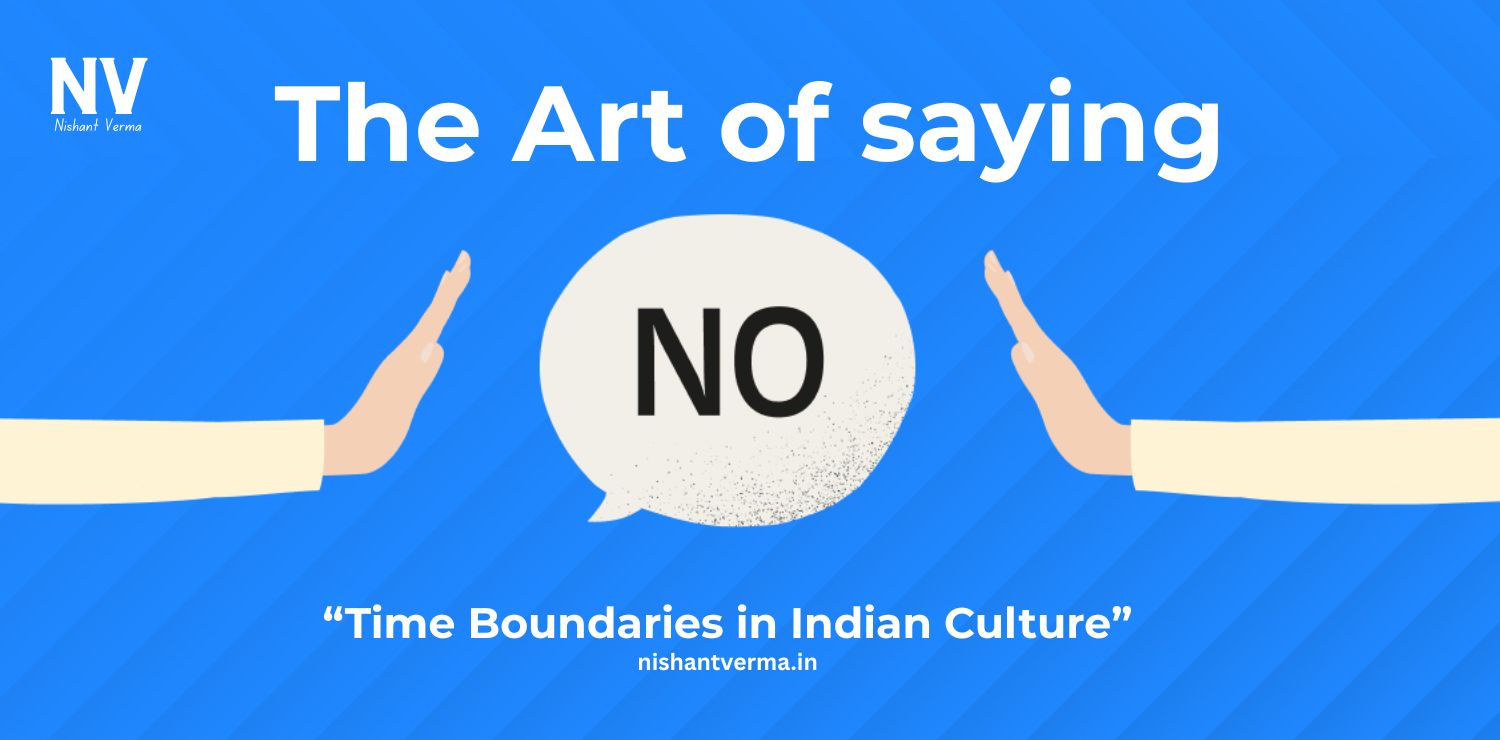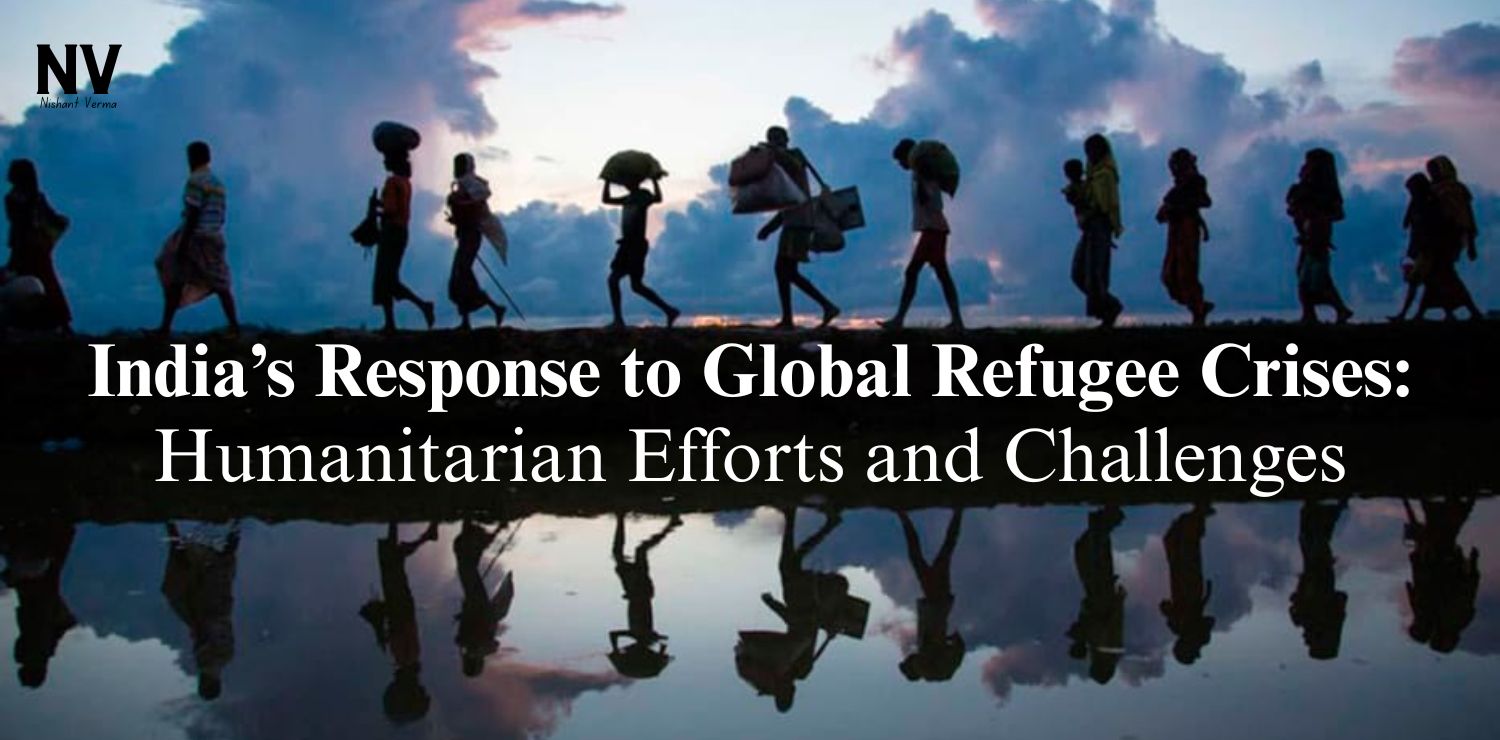India is a diverse country with people of different religions, castes, languages, and cultures living together. Over the years, this diversity has shaped the political landscape in many ways. One of the significant changes that have occurred in recent decades is the rise of identity politics. But what exactly is identity politics, and how has it affected India? In this article, we will explore what identity politics is, why it has become important in India, and the consequences it has had on the country’s politics and society.
What is Identity Politics?
Identity politics refers to a political approach where people organize themselves based on shared characteristics like religion, caste, language, gender, or ethnicity. Instead of focusing on larger, more universal issues like economic policies or national security, identity politics is about advocating for the rights and interests of specific groups that have been historically marginalized or oppressed.
In simpler terms, identity politics is when political parties or groups appeal to people’s identities to gain their support. For example, a party might appeal to a specific religion, caste, or region to win votes. In India, this has become an important part of political campaigns and has influenced elections and political decisions.
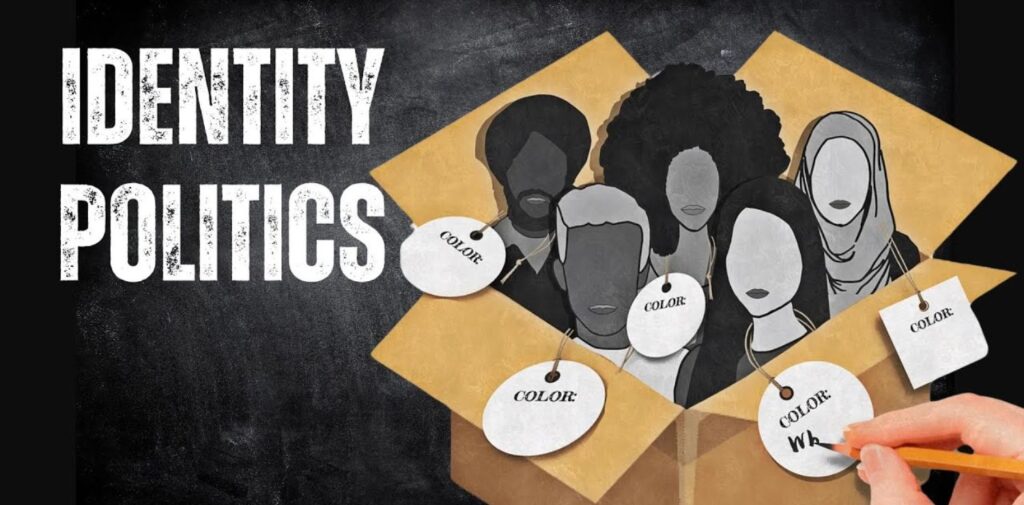
Why Has Identity Politics Grown in India?
India’s history is marked by the struggles of different communities seeking recognition and justice. Many groups, such as Dalits (historically oppressed communities), backward classes, and religious minorities, have fought for their rights for decades. Over time, these struggles have turned into a major part of Indian politics, giving rise to identity politics.
Caste-Based Politics
Caste has been a central part of Indian society for centuries. Even though the caste system was officially abolished after India gained independence in 1947, its effects are still felt today. Certain castes, especially the Dalits (formerly known as “untouchables”), and other backward classes, have faced discrimination and limited opportunities for education, jobs, and social mobility.
Political parties have increasingly recognized that these groups want better representation and access to resources. To win votes from these communities, political parties started campaigning specifically for the rights of certain castes, offering them special benefits like reservations (affirmative action) in education and government jobs.
Religious Politics
Religion has also played a big role in shaping identity politics in India. India is home to many religions, but the two largest are Hinduism and Islam. Political parties sometimes appeal to specific religious communities to gain support. For instance, some parties may make promises to protect the rights of Hindus, while others focus on safeguarding the rights of Muslims.
Religious identity politics can become divisive because it encourages people to vote based on religion rather than on shared national issues. This can lead to tension between different religious communities.
Regional Identity Politics
India is a vast country with many states, each having its own language, culture, and local issues. In the past few decades, some regional parties have gained strength by focusing on local identities. These parties promote the interests of a specific state or region. For example, parties in states like Tamil Nadu, Punjab, and West Bengal focus on the rights of people in those regions and sometimes demand more autonomy from the central government.
Regional parties often argue that their people are not getting enough attention or resources from the national government. This has led to the rise of regional politics, where the focus is more on regional identity rather than national unity.

The Consequences of Identity Politics in India
While identity politics has given voice to marginalized communities and groups, it has also led to some challenges for Indian society and politics. Let’s look at some of the consequences of identity politics in India.
Increased Polarization
One of the biggest problems with identity politics is that it can create divisions in society. When people are encouraged to vote based on their caste, religion, or region, it can lead to communities being pitted against each other. This can cause polarization, where different groups begin to view each other as rivals rather than fellow citizens.
For example, if a political party appeals to the Hindu vote and another party focuses on Muslim voters, it can create an “us versus them” mentality. This can lead to tension, distrust, and even violence between different groups.
Neglect of Larger National Issues
Another consequence of identity politics is that it sometimes distracts from more important, larger issues that affect everyone, such as poverty, education, healthcare, and job creation. Instead of focusing on how to improve the country as a whole, parties might focus on the interests of specific groups.
This narrow focus can slow down the progress of the nation, as it may lead to decisions that benefit a few groups at the expense of the greater good. For example, excessive focus on caste or religious issues can mean that other issues like economic development or infrastructure are ignored.
Communal Tensions and Violence
Identity politics based on religion or caste can also lead to communal tensions. When political leaders use religious or caste-based rhetoric to win votes, it can lead to a sense of insecurity among different communities. This can sometimes trigger violence.
For example, during election seasons, clashes between different religious groups have been known to occur, and political parties might take advantage of these tensions for their own benefit. This leads to the breakdown of social harmony and the weakening of India’s diverse culture.
Focus on Short-Term Gains
In some cases, identity politics leads to political parties promising things that are only meant to win votes in the short term. For instance, political leaders may make promises of free gifts or reservations without thinking about the long-term effects on the country’s economy or social structure.
These short-term promises might help win elections, but they do not always lead to lasting positive changes for the country. Instead of focusing on building a strong economy or creating more job opportunities, parties might only focus on making promises that appeal to their specific voter base.
Weakened National Unity
India’s strength lies in its diversity. The country’s motto “Unity in Diversity” highlights the importance of embracing differences. However, when politics becomes based on identity, it can weaken the sense of national unity. Instead of working together as Indians, people might begin to focus only on their specific caste, religion, or region.
This weakens the idea of India as a united nation, and people may start feeling disconnected from the broader national identity. This division makes it harder for India to grow as one strong, united nation.
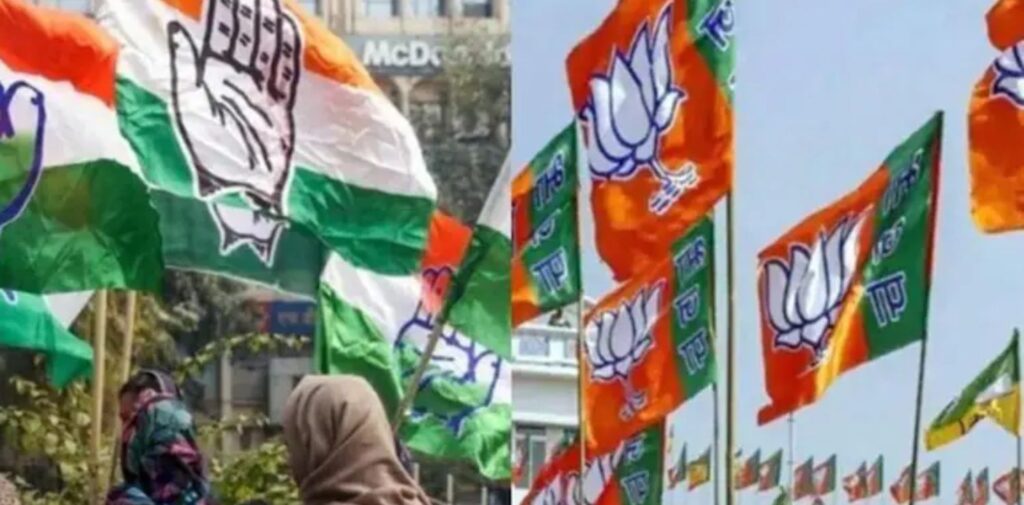
The Future of Identity Politics in India
Identity politics is likely to continue being an important part of India’s political landscape, given the country’s diversity and history. However, it is crucial to address the challenges it brings. Some of the ways to improve the situation include:
- Focusing on Common Issues: Political leaders and parties should focus on issues that affect all Indians, such as economic development, healthcare, education, and national security. This will help bring people together rather than divide them.
- Promoting Social Harmony: It is important for leaders to encourage harmony between different communities, instead of using divisive language. Building bridges between communities can lead to a more peaceful society.
- Addressing the Root Causes of Marginalization: The problems that lead to identity politics, such as caste-based discrimination, poverty, and lack of education, need to be addressed. Only then will people feel truly empowered, regardless of their identity.
Conclusion
The rise of identity politics in India has had both positive and negative consequences. While it has given marginalized communities a voice, it has also created divisions and weakened national unity. As India continues to grow and develop, it is important for its political leaders to focus on broader issues that benefit all citizens, rather than just appealing to specific groups based on religion, caste, or region.
For India to continue on its path to becoming a stronger, more prosperous nation, it needs to find a balance between recognizing the importance of identities and promoting unity among all its citizens. Only then can India truly achieve the dream of being a united, inclusive, and progressive nation.

